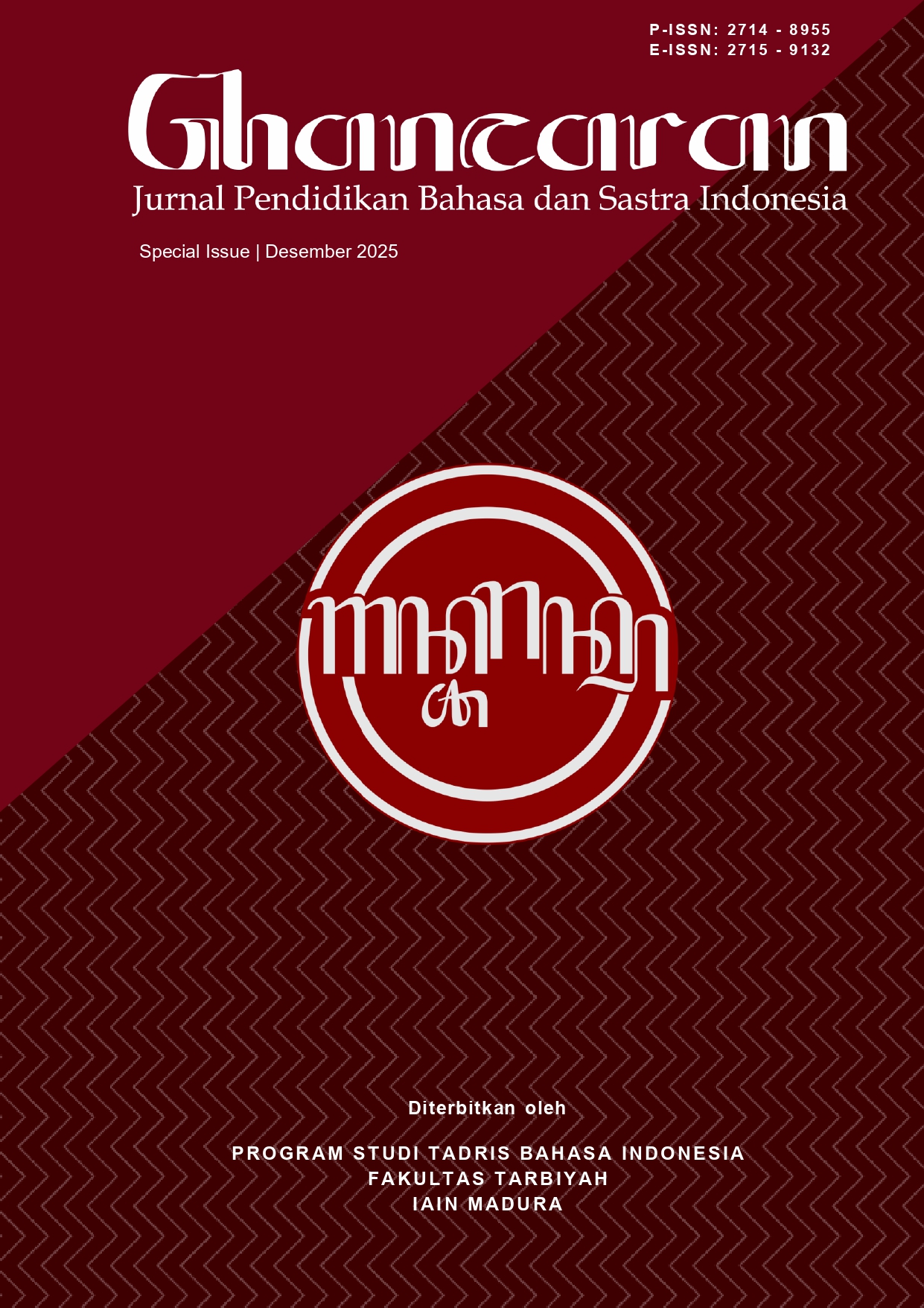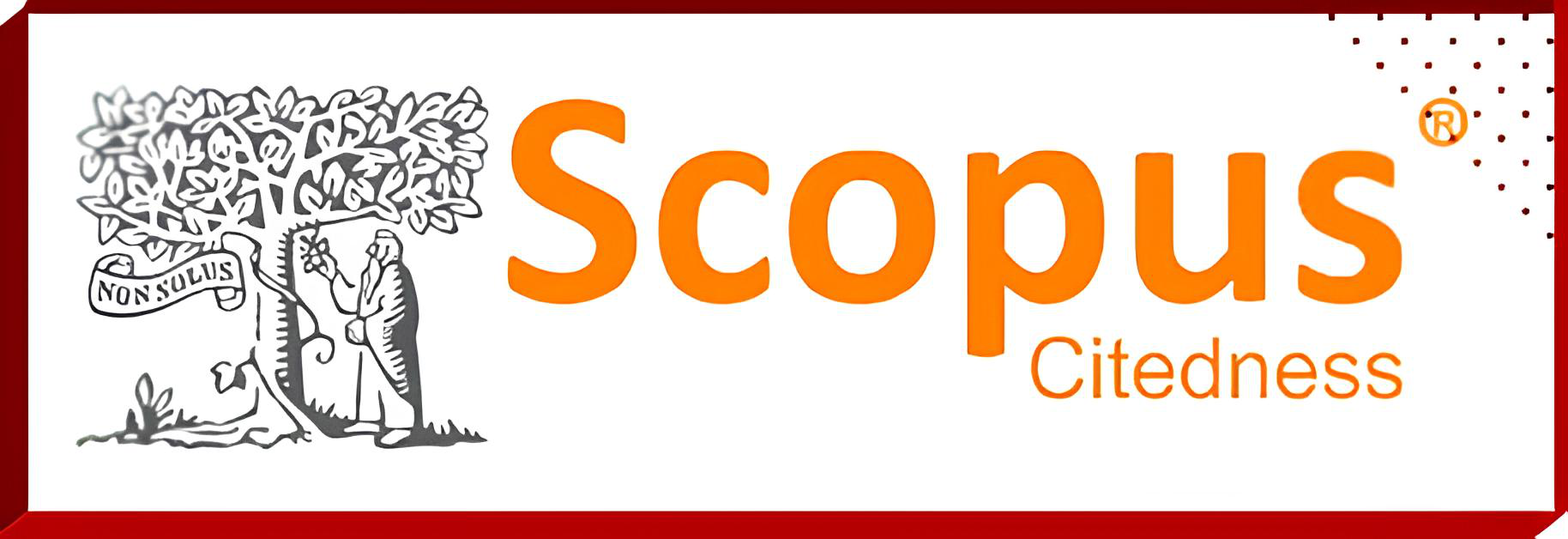Pendidikan Humanistik dan Emansipatoris dalam Novel Totto-Chan: Kajian Filosofis Futurologis
 Abstract views: 194
,
Abstract views: 194
,
 PDF downloads: 266
PDF downloads: 266
Abstract
The humanistic and emancipatory education promoted in Tetsuko Kuroyanagi's novel Totto-Chan: The Little Girl at the Window offers a learning model that is relevant to the challenges of future education in Indonesia. This study aims to explore the application of the concept of humanistic, inclusive, and emancipatory education contained in the novel, and its relevance to 21st-century education in Indonesia. The research method used is a qualitative approach with text analysis, followed by a philosophical study of the concept of education raised in the novel. The results of the study indicate that education based on freedom, inclusivity, and character development at Tomoe Gakuen has the potential to be applied in Indonesian education, by utilizing technology to create more independent, creative, and inclusive learning, and shaping students' characters to face increasingly complex global challenges. In addition, the results of this study also highlight the importance of the role of teachers as facilitators in creating a learning environment that supports the development of 21st-century skills, such as critical thinking, collaboration, and problem solving, as well as developing social empathy in the digital era.
Downloads
References
Alatas, M. A. (2019). Media Pembelajaran Bahasa Indonesia. CV. Madza Media.
Alatas, M. A., Darni, Suyatno, & Sodiq, S. (2025). Simbol Kehamilan dalam Cerita Rakyat Madura Digital Libraries of IOWA : Analisis Hermeneutika Paul Ricoeur. Ghancaran: Jurnal Pendidikan Bahasa dan Sastra Indonesia, 7.
Alatas, M. A., Effendy, M. H., Desiana, A. Y., & Nisa’, H. H. (2024). Implementasi Kurikulum Merdeka pada Muatan Lokal Bahasa Madura di MI Kabupaten Pamekasan : Pendekatan Ekologis dalam Pendidikan Karakter dan Budaya. Ghâncaran: Jurnal Pendidikan Bahasa dan Sastra Indonesia, 363–375.
Alatas, M. A., Purnomo, A., Putikadyanto, A., & Efendi, A. N. (2025). Transformasi Edu Literasi melalui Novel Anak : Integrasi SDGs dan Pembentukan Pola Pikir Sistemik dalam Pendidikan Guru. Entita: Jurnal Pendidikan Ilmu Pengetahuan Sosial dan Ilmu-Ilmu Sosial, 813.
Alatas, M. A., & Rachmayanti, I. (2024). Implementasi Pendekatan Ramah Anak dalam Pembelajaran Bahasa Kedua bagi Siswa Kebutuhan Khusus di RA Al-Khodijah Rejotangan. Kiddo: Jurnal Pendidikan Islam Anak Usia Dini, Special Ed, 261–276.
Alparizi, P., & Majid, A. N. (2021). Pendidikan Emansipatoris Dalam Perspektif Paulo Freire Dan Muhammad Abduh. Jurnal Inovasi Penelitian, 1(3), 1–4.
Amaruddin, H., Dardiri, A., Efianingrum, A., Hung, R., & Purwanta, E. (2024). Novel Totto-Chan by Tetsuko Kuroyanagi: A Study of Philosophy of Progressivism and Humanism and Relevance to the Merdeka Curriculum in Indonesia. Open Education Studies, 6(1).
Creswell, J. W. (2012). Educational Research. Person Education.
Dewantara, H. (2024). Membangun Masa Depan Pendidikan. PT Indonesia Delapan Kreasi Nusa.
Fadillah, M. A. (2025). Model-Model Pembelajaran: Panduan Lengkap untuk Meningkatkan Model-Model Pembelajaran: Panduan Lengkap untuk Meningkatkan Efektivitas Pendidikan.
Fathoni, T. (2025). Integrasi Konsep Pengalaman Belajar John Dewey dalam Pembelajaran Al-Qur’an Anak. AL-MIKRAJ Jurnal Studi Islam dan Humaniora, 5(2), 124–139.
Helmita, H., & Farma, H. (2023). Totto Chan External Conflict in The Novel Tetsuko Kuroyanagi Totto Chan The Little Girl at The Window. Jurnal Ilmiah Langue and Parole, 7(1), 105–112.
Husni, M. (2020). Memahami Pemikiran Karya Paulo Freire “Pendidikan Kaum Tertindas” Kebebasan dalam Berpikir. Al-Ibrah, 5(2), 41–60.
Insani, F. D. (2019). Teori Belajar Humanistik Abraham Maslow dan Carl Rogers Serta Implikasinya dalam Pembelajaran Pendidikan Agama Islam. As-Salam: Jurnal Studi Hukum Islam & Pendidikan, 8(2), 209–230.
Jamaluddin, J., & Ghofur, A. (2020). An Analysis of Educational Values in “Totto-Chan: The Little Girl at the Window” by Tetsuko Kuroyanagi Based on Paulo Freire’s Perspective. PANYONARA: Journal of English Education, 2(1), 31.
Kahar, A. (2024). Merdeka Belajar bagi Pendidikan Nonformal. Indonesia Emas Group.
Kebudayaan, K. P. dan. (2003). Undang-Undang Republik Indonesia Nomor 20 Tahun 2003 Tentang Sistem Pendidikan Nasional.
Mustagfiroh, S. (2020). Konsep “Merdeka Belajar” Perspektif Aliran Progresivisme di Perguruan Tinggi. Jurnal Studi Guru Dan Pembelajaran, 3(1), 141–147.
Permeiswari, S. (2019). Learning from “Totto-chan: the Little Girl at the Window”: An Educational Perspective from Japanese Author. Utamax : Journal of Ultimate Research and Trends in Education, 1(1), 7–12.
Sugiono. (2015). Metode Penelitian Kuantitatif, Kualitatif dan R&D. Alfabeta.
Copyright (c) 2025 GHANCARAN: Jurnal Pendidikan Bahasa dan Sastra Indonesia

This work is licensed under a Creative Commons Attribution-ShareAlike 4.0 International License.
Ghancaran: Jurnal Pendidikan Bahasa dan Sastra Indonesia uses an Open Access Policy under the Creative Commons Attribution-ShareAlike 4.0 International License. Authors publishing in this journal agree to the following terms:
- Ghancaran Journal holds the copyright and grants the journal rights for first publication with the work simultaneously licensed under a

The work is distributed under Creative Commons Attribution-ShareAlike 4.0 International License which allows others to share, copy, and redistribute the material in any media or format and adapt, remix, change, and develop the material even for commercial purposes, as long as it is stated credit and license derivative works under similar terms. - Authors may make additional contractual arrangements for non-exclusive distribution of the journal's published work version.
- Authors are permitted to post their work online (e.g., in institutional repositories or on their websites) before and during submission, as doing so may lead to productive exchange.



















